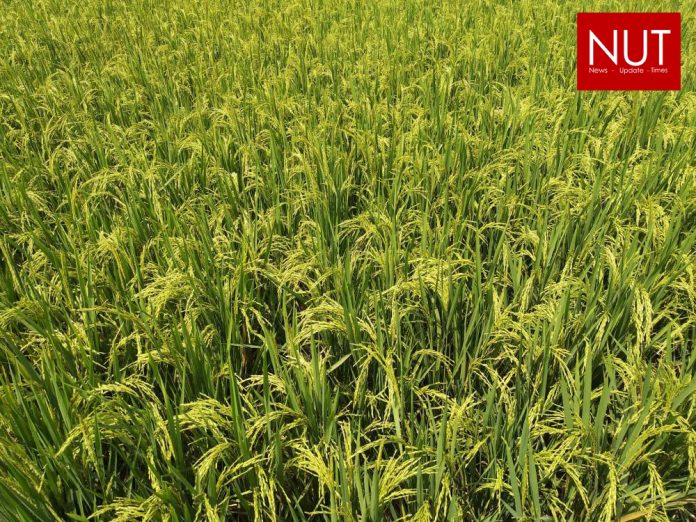Lahore (Muhammad Yasir)
Pakistan can significantly reduce over $1.3 billion post-harvest losses by adopting hermetic and other latest grain storage technologies, says a senior officer of the Punjab agriculture department. Dr Anjum Ali, director-general (extension) said on the eve of the liquidation of maize stored at a smart warehouse using hermetic technology here that they were proponents of hermetic and other technologies that could save post-harvest losses and enhance farmers’ income even without making land to grow more. Hermetic cocoons, available both for indoor and outdoor storage of grains, ensure control of infestation by the disallowing passage of oxygen and humidity that also nullifies chances of aflatoxin caused by moisture. As per a report of the Asian Development Bank, Pakistan suffers post-harvest losses worth $1.3 billion per annum, four times greater than the Federal and Punjab’s agriculture budget combined, which is around $250 million per annum. Dr Ali said that the world is seeking healthy food for citizens free from aflatoxin and if hermetic cocoons are delivered on this front, then national food exports could get a boost and help ensure food security. Farhan Tahir, Co-founder of Kissan Gudam , the agri-tech introducing climate smart hermetic storages, said the farmers avoided storing their maize, rice, wheat and other grains for lack of infrastructure and finances. They also knew that conventional stores would cause weight loss, risk of infestation and aflatoxin. Hermetic smart warehouses equipped with censors allow inspection and sale of the stored grain online eliminating the inefficiencies in the value chain The farmers storing their grain at these storages could also get an easy loan on Islamic terms up to 70pc of the value of the stored crop within 48 hours enabling them to sow the next crop, he added. He said that at liquidation the farmers are paid the prices for their grains prevailing at the time that is almost double those at the harvesting time. Retired Col Umar Farooq Ghumman, a farmer from Kasur who had stored his maize produce at Kissan Gudam, told the ceremony that he secured Rs641 per maund extra, excluding storage charges, by holding grain for four months after harvest. Farhan Tahir claimed that in the case of red chillies, the profit margin increased from Rs 6,000 per maund at harvest time to Rs 18,000 per maund during the off-season.






